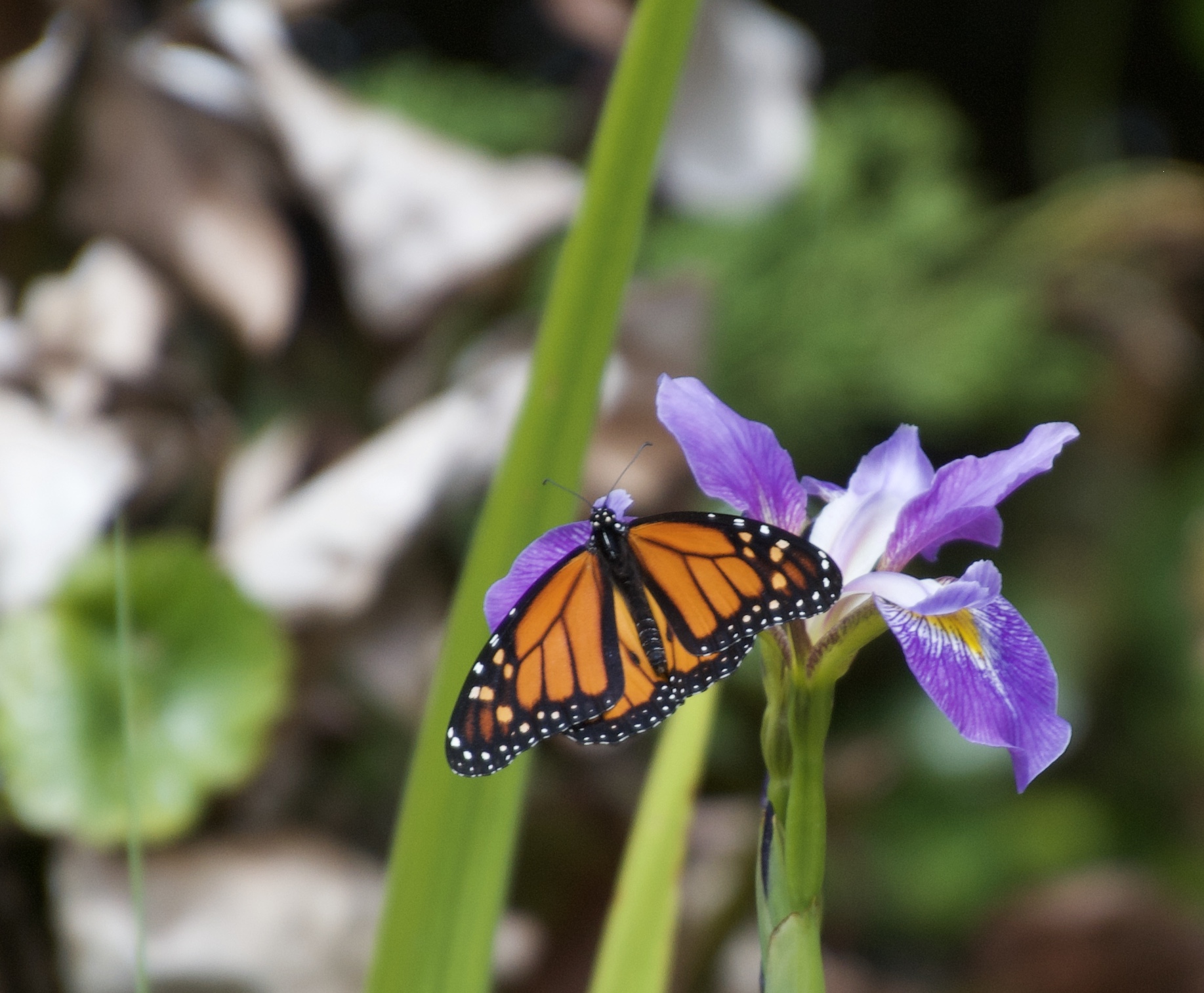Next week, on the heels of the United Nations’ COP27 climate summit in Egypt, the United States will send a delegation to another international conference that is lesser known but equally critical: the United Nations Convention on Biological Diversity (COP15) in Montreal. There, nations from around the world will come together to discuss how we can combat shrinking wildlife populations and habitats worldwide. Nature’s ecosystems, from our oceans to our trees, wetlands to deserts, all play an important role in managing our climate, creating food and water security, and preserving biodiversity.
This will be the largest and most senior US delegation ever sent to the convention, but the US is notably not a negotiating party of the Convention on Biological Diversity (CBD) – the guiding international treaty that is designed to protect species and ecosystems. As one of the richest and most powerful nations in the world, we still have a role to play: leading by example by developing our own biodiversity strategy at home and funding global efforts to support developing countries’ biodiversity goals.
Though biodiversity and habitat loss are often seen as effects of our changing climate, these are in fact interconnected crises. A healthy planet is dependent upon robust and biodiverse populations of plants and wildlife, which provide clean drinking water, clean air, and numerous other benefits to human and ecosystem health. With wildlife populations declining at precipitous rates – a 69 percent drop in the past 50 years alone – we must conserve nature if we want a healthy, livable future. We are only as healthy as our planet is.
The alarm bells are ringing: this last year, 23 species were declared extinct. That’s 23 species – from the Ivory Billed Woodpecker to the Little Mariana Fruit Bat – the world will never see again. Beyond preventing the loss of biodiversity that damages the ecosystems that provide us with our most basic needs to survive on this planet, we must also protect species because of the inherent value that they bring to our world, and their right to share this earth alongside us.
To do this the US must advocate not only for protecting nature, but restoring and connecting habitats. Increasingly, animals are being forced to migrate to find food and shelter in response to our changing climate, with human-created habitat loss at the forefront of species’ extinction and threat to survival. By calling for policies that preserve intact ecosystems, encourage connectivity, and protect keystone species, such as gray wolves who keep entire ecosystems in balance, we can slow the extinction crisis and support existing ecosystems. Additionally, beyond assisting in negotiations at COP15, the US can serve as a global leader by financially supporting developing and climate-vulnerable countries that might have rich biodiversity but lack the funding to protect and expand it.
Even though the US is a non-member of the CBD, the Biden administration can and should prioritize protecting biodiversity by creating a national biodiversity strategy. This strategy should build upon the existing ‘America the Beautiful’ campaign to conserve 30 percent of US land and water by 2030 and prioritize protecting keystone species, connecting important areas of habitat to each other, and restoring damaged landscapes to bring back plants, animals, healthy soil, and water. This must be done while respecting and incorporating Indigenous ecological knowledge and in collaboration with Tribes and local communities.
Creating a national biodiversity strategy and funding conservation efforts overseas also supports our national security and economic interests. By supporting the building of thriving ecosystems and habitats overseas, we protect natural resources that create international stability through food, water, and economic security.
Nature isn’t bound by borders, and this has been made abundantly clear in the wake of the COVID-19 pandemic. How we interact with the natural world is critical in preventing the spillover of disease from animals to humans, and this pandemic highlights how precarious the balance in our natural world truly is and its global repercussions.
Our response to the COVID-19 crisis has also shown us that as an international community, we have the capacity to come together to face a common threat. Although human actions are the driving cause of the sixth mass extinction, we can also be the solution. If we choose to respect and honor all species with which we share this earth, and consider all of our interrelated relationships with care and humility, we can ensure a biologically-diverse world that makes us all healthier, safer, and more connected with nature. The UN Convention on Biodiversity, and our efforts that follow, are a path towards this future, and one the US must lead in.
